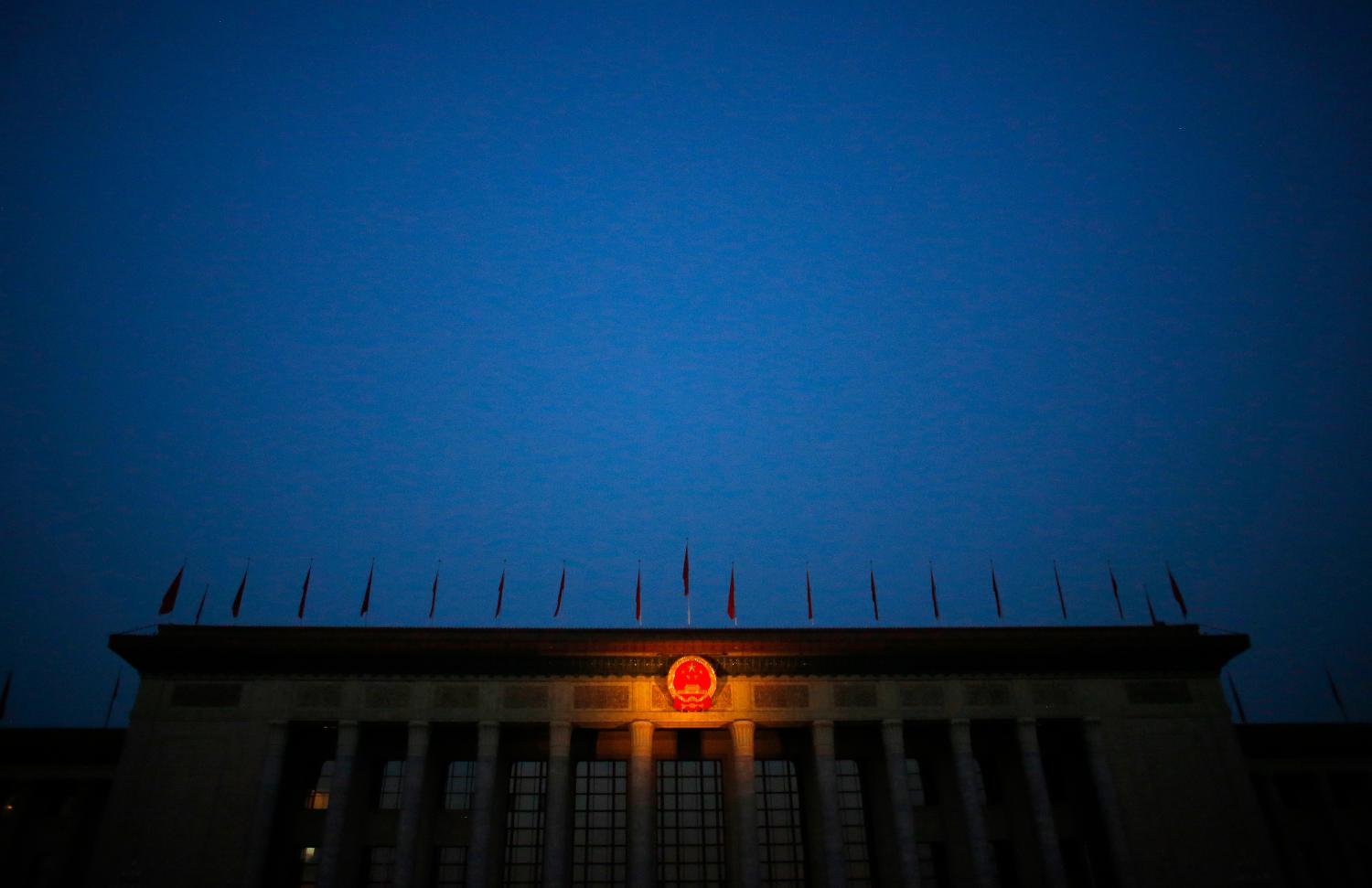 This is the second of five special episodes in a takeover of the Brookings Cafeteria podcast by the Global China project at Brookings, a multi-year endeavor drawing on expertise from across the Institution. In this series, Lindsey Ford, a David M. Rubenstein Fellow in Foreign Policy, speaks with experts about a range of issues related to Global China.
This is the second of five special episodes in a takeover of the Brookings Cafeteria podcast by the Global China project at Brookings, a multi-year endeavor drawing on expertise from across the Institution. In this series, Lindsey Ford, a David M. Rubenstein Fellow in Foreign Policy, speaks with experts about a range of issues related to Global China.
In this episode, Ford talks with Richard Nephew about his paper on how a global China, itself long subject to economic sanctions, might use sanctions of its own. Nephew is a nonresident senior fellow in Foreign Policy, affiliated with the Arms Control and Non-Proliferation Initiative. He is also a senior research scholar and program director at the Center on Global Energy Policy at Columbia University.
Related content:
China and economic sanctions: Where does Washington have leverage?
Episode 1: What does a global China mean for the US and the world?
The Art of Sanctions (Columbia University Press)
Subscribe to Brookings podcasts here or iTunes, send feedback email to [email protected], and follow us and tweet us at @policypodcasts on Twitter.
The Brookings Cafeteria is part of the Brookings Podcast Network.
The Brookings Institution is committed to quality, independence, and impact.
We are supported by a diverse array of funders. In line with our values and policies, each Brookings publication represents the sole views of its author(s).








Commentary
PodcastHow might a global China use economic sanctions?
October 1, 2019
Listen on
Brookings Cafeteria Podcast